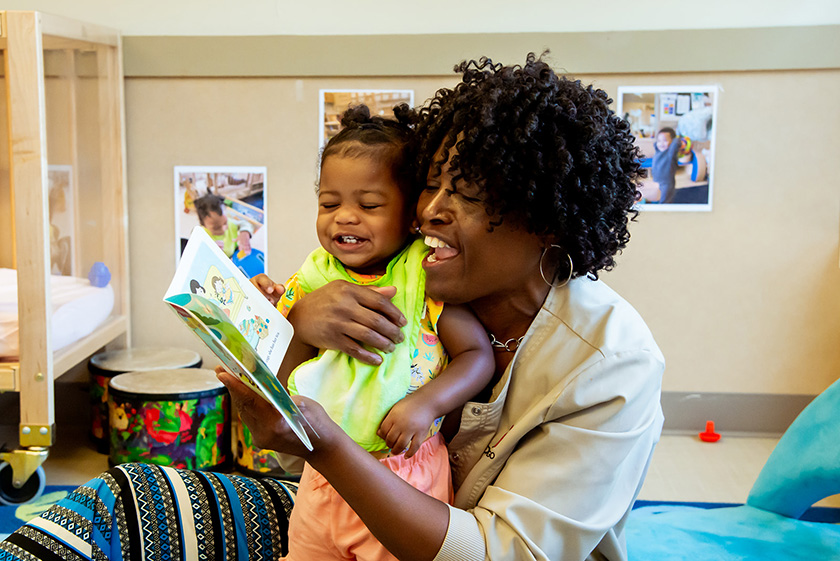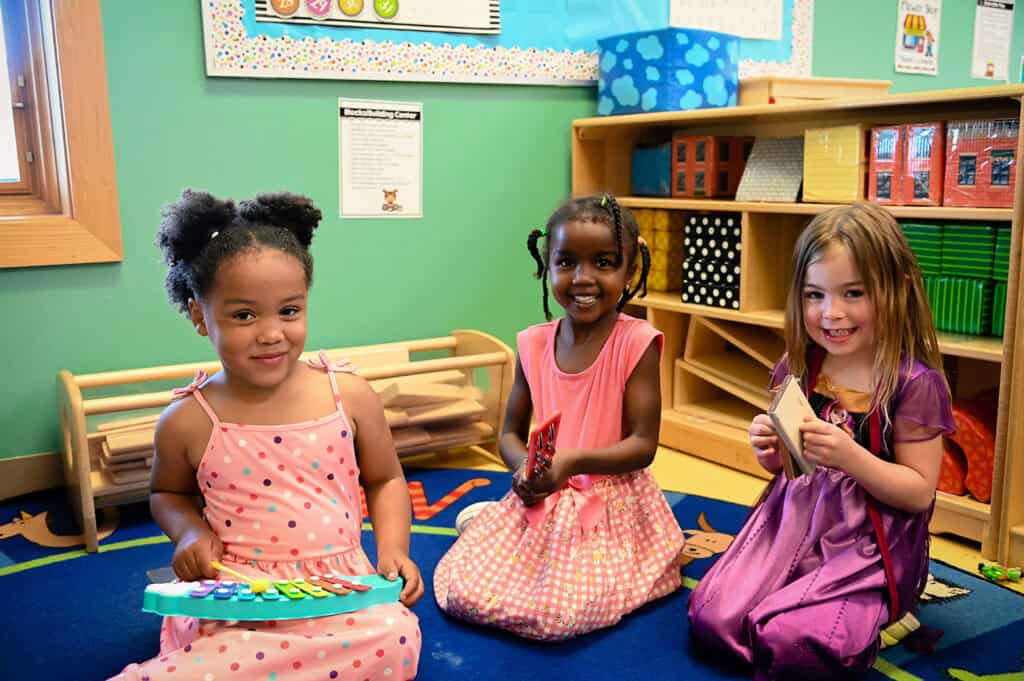The first five years of a child’s life are the most important years for healthy development and long-term well-being.
During the first few years of a child’s life, 1 million neural connections are formed in the brain every second, making babies’ brains literally wired to learn as much as they possibly can. At a time when the brain develops faster than it ever will again, the inputs children receive from their environments and experiences are critical. But thousands of young children in communities across the country face challenges that hamper their healthy development, making it difficult to stay on track with their peers.
By providing interventions and education from a child’s earliest years, we can ensure children don’t have the odds stacked against them. Research shows that high-quality early childhood education experiences and programs – like Educare – aren’t only good for children and families, but for our entire society, as dollars invested in early childhood education produce positive social and economic outcomes.

How Early Childhood Pays Off
Children’s Long-Term Outcomes
There’s a wide body of research demonstrating that early childhood interventions, particularly in the first five years of life, do work. With quality early childhood experiences, children are more likely to have a higher income as adults, more likely to own a home, more likely to graduate from high school on time and less likely to need special education or public aid.
Societal Outcomes
Not only are early childhood programs good for children and families, but they’re also good for our entire society. James Heckman, a Nobel Prize-winning economist, found that every dollar invested in early childhood education produces a 7-10% per annum return in better education, health, social and economic outcomes.
